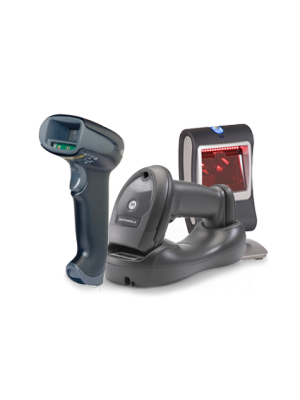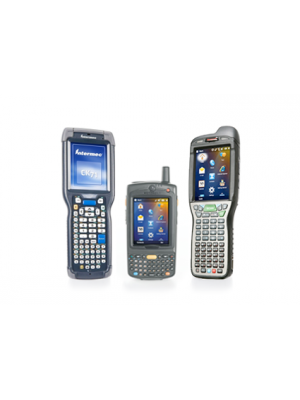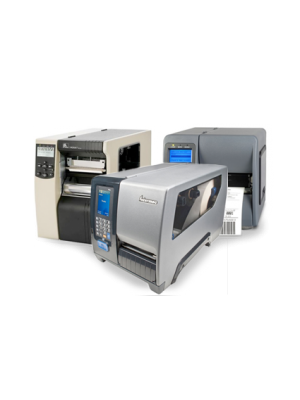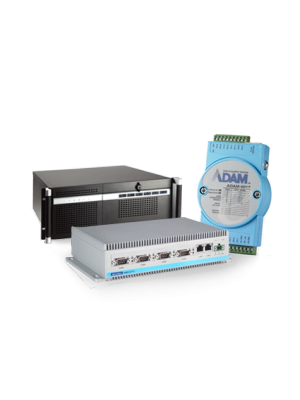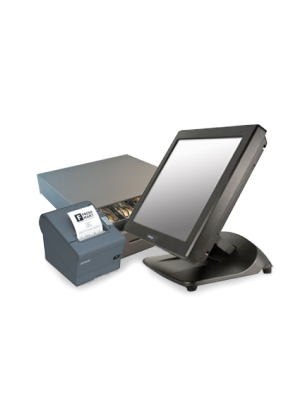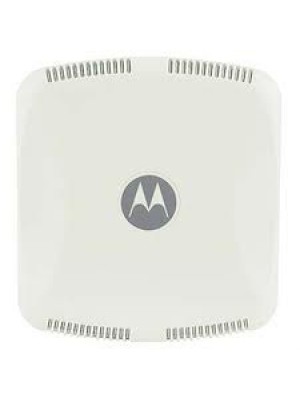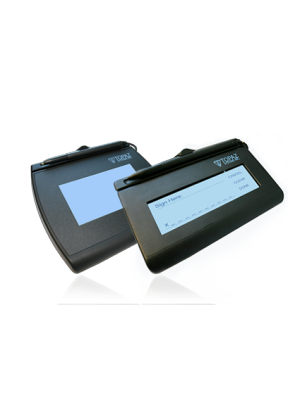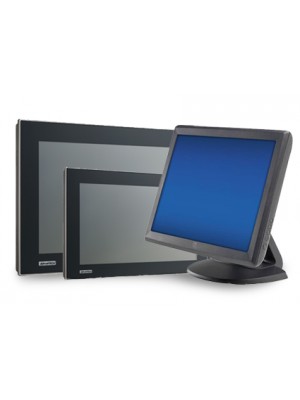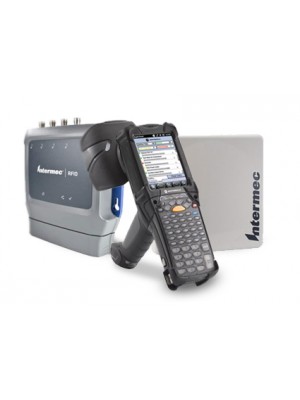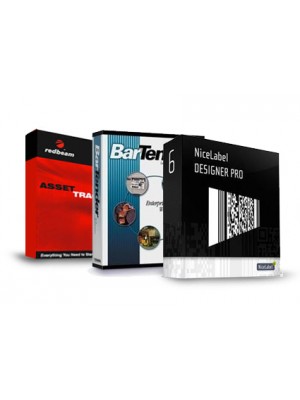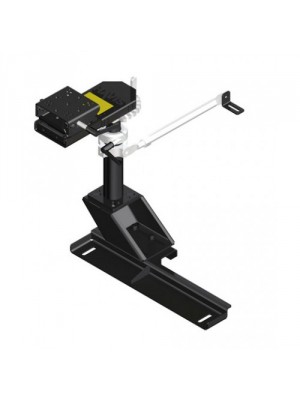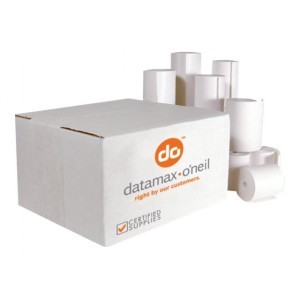Paper or Digital?
Remember that phone book you used to look numbers up in? And then eventually you stuck in a drawer somewhere and pulled it out about once a year? It’s all online now.
Or how about when you wanted to show someone a picture? It probably took a little more thought than the current process of simply opening it in your smartphone and pressing “send.”
As the world continues shifting into the digital realm, paper is becoming an obsolete technology, and as a result, the world is a much safer place as paper cuts become a thing of the past.
Just kidding about the paper cuts, but in reality, the advent of the digital realm means that any processes still using paper need to be optimized for the digital world as much as possible, or risk being left in obscurity.
One place where paper is still widely used is in the world of education. Online tests, while they do exist, are not very common, so most of the grades students receive are on paper. And as schools are well aware, there are many risks that need to be accounted for when it comes to moving paper around, such as:
- Natural wear and tear
- Water damage
- Lost or misplaced files
- Lack of backup
Multiplying the Chaos
Now perhaps in the elementary school classroom, these risks don’t seem significant, but these risks grow considerably as larger volumes of physical data have to be processed in the upper grades and on into the college years. If you are a parent, recent graduate, or just happen to know a lot about the school system, you have probably heard of Advanced Placement (AP) high school classes. These classes are actually designed by a company known as the College Board that works with colleges to develop curriculums and exams that resemble the difficulty & workload of a college course.
Common AP classes include:
- Math
- Science
- Foreign languages
- History
- English
These types of courses are becoming increasingly popular for upperclassmen. In fact, last year, more than 2,000,000 students participated in AP classes and they collectively took over 4,000,000 exams.
If you’re thinking that is a lot of paperwork to keep track of, you’re correct. Check back next week to find out how the College Board implemented a unique barcode system that helps them keep track of all those tests!
Interested in barcodes? Explore your curiosity with our Free Online Barcode Generator.
In the meantime, we’d love to hear from you. How have you replaced paper in your life? Has it been a successful experience? Share with us on twitter @L-TronCorp!
About the Author:
RAD DeRose is the President and CEO of L-Tron Corporation. He has over 30 years experience in industrial automation and data collection solutions and brings a deep industry knowledge-base on the challenges faced in the commercial and public safety sectors. RAD can be reached at (800)-830-9523 ext 114 or emailed at RAD.DeRose@L-Tron.com.


